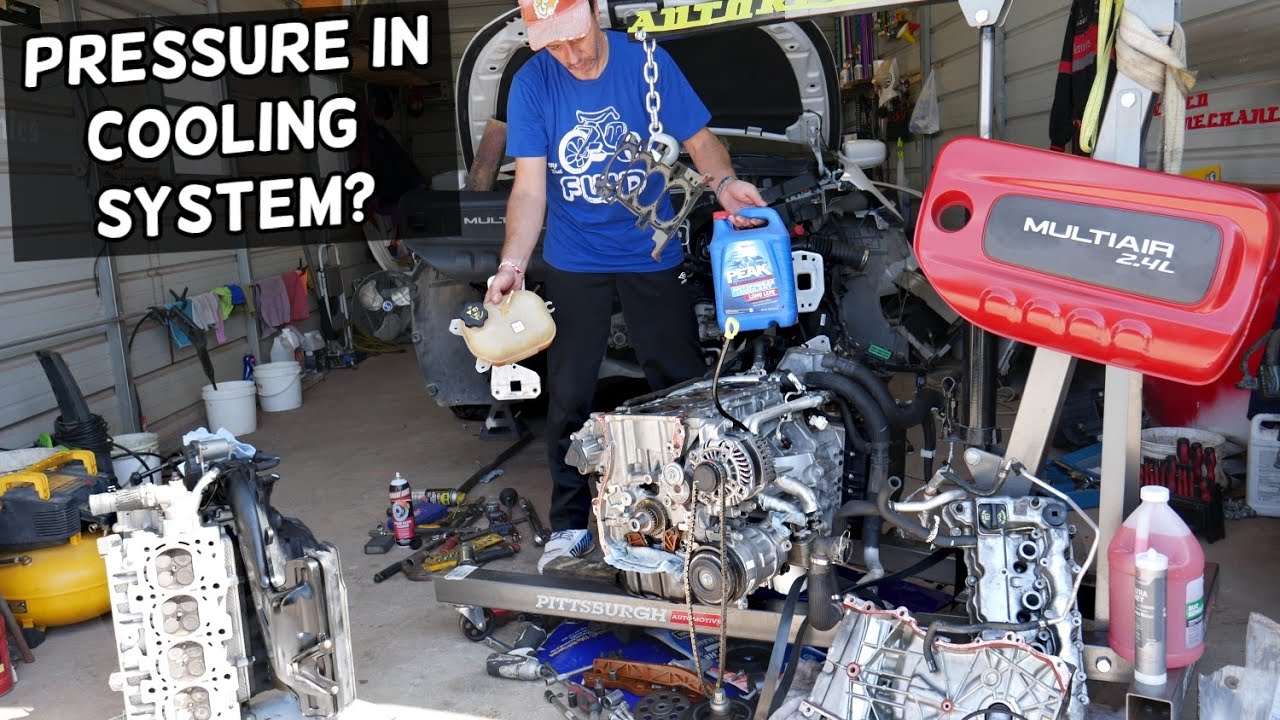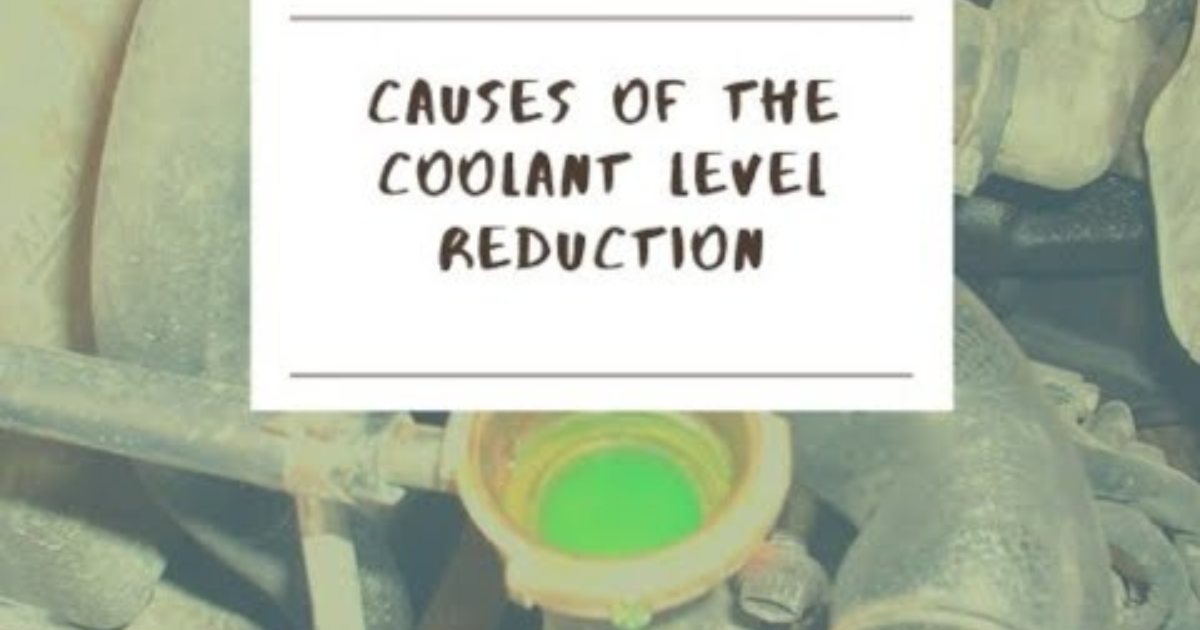Engine combustion produces fire, which powers the car. Fire generates excessive heat, and engine coolant controls it.
Imagine driving like this without engine coolant. Set the kettle on fire without water to boil water. Overheating will burn the pot in minutes. Thus, don’t inquire how long an engine can run without coolant. You may be at risk.
What is coolant for engines?

Engine coolant, or antifreeze, prevents overheating. It contains 50% propylene glycol or ethylene glycol and 50% water, plus lubrication and corrosion protection additives.
Engine coolant boils at high temperatures. It absorbs engine heat and releases it through the radiator fins. On top of preventing engine overheating, coolant antifreeze keeps water from freezing.
Engines without coolant can run for how long?
Do not drive without engine coolant. A car without coolant dies in minutes. Not having engine coolant will destroy the engine and require replacement.
Why? Radiator coolant absorbs heat. Engine coolant circulates through cylinder heads, engine blocks, and combustion chambers.
Without coolant, engine temperatures rise until metal parts melt. Fire and heat in the combustion chamber will destroy your engine without coolant.
A car without coolant but not overheating? Turn off the car. Different engine and reservoir coolants are the only reason. The sensor only measures coolant temperature to detect engine overheating. Without coolant, the engine bay will heat up but the needle will stay steady. Can engines run without coolant? Now you know.
Causes of Coolant Loss

Several things can cause coolant loss. Leaks are a major coolant loss factor. However, various cooling system components can leak.
- Damaged water pump
- Cracked coolant reservoir tank
- Faulty radiator
- Leaky radiator cap
- Blown head gasket
Detecting Low or No Coolant
Learn how to check coolant levels and no coolant in car symptoms to protect your car. Check your coolant level if you smell a sweet fruity smell, have a malfunctioning heater system, a red temperature gauge, or high fuel consumption. These are signs of low coolant, but other things could cause them.
Park your car and let it cool to check for low coolant. Check the coolant in the radiator when cold. Check the coolant reservoir; it should be near the “max” line. Low coolant occurs when the radiator is not full or the reservoir is not near the “max” line.
The reservoir tank is translucent plastic, so you can check coolant levels without opening it. The coolant level is visible without opening.
Hot radiators and coolant reservoir tanks build pressure. Without letting it cool completely before opening it, the pressure inside could splash hot coolant and burn your skin.
Coolant Loss Prevention
Your car’s cooling system needs enough coolant. Here are the most important car coolant loss prevention methods:
Regular checkups
Checking cooling system components is the most common way to prevent coolant loss. My best practice is to check the coolant level every morning before starting my car and occasionally check the radiator, radiator cap, hose, thermostat housing, water pump, and reservoir for leaks.
Fix cracks or leaks immediately.
Fix coolant leaks immediately, regardless of size. Minor coolant leaks can cause engine damage if not repaired.
Using pressure tester
If you suspect gradual coolant loss but can’t find the leak, pressure test the cooling system. Pressure testing reveals weak connections and invisible leaks.
Avoid extreme heat.
Check the temperature gauge while driving, especially when towing and in hot weather, to avoid overheating. While coolant loss is the main cause of overheating, other factors can contribute. Overheating can cause cooling system expansion, contraction, and cracks, causing coolant loss.
Change or flush coolant regularly to avoid engine overheating and coolant loss.





